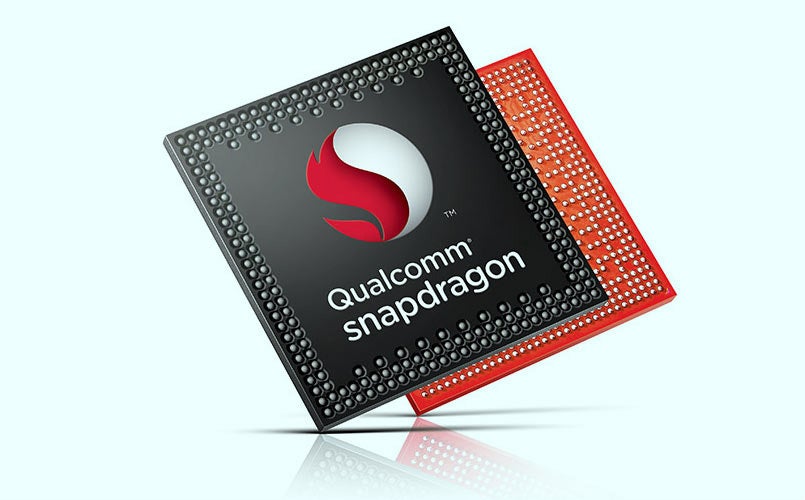Qualcomm bug may have endangered Samsung, LG, and Motorola phones

It has been reported that a bug from manufacturer Qualcomm may have compromised the data of phones made by Samsung, LG, and Motorola.
A bug from Qualcomm had exposed a vulnerability to critical data, reports cyber security firm CheckPoint. Qualcomm manufacture many of the mobile chipsets on the market, so the problem could have affected a range of handsets from popular manufacturers such as Samsung, LG, and Motorola. The vulnerability was located in the “TrustZone” component, which protects the safety of critical data.
CheckPoint have noted that the vulnerability has now been patched:
We have disclosed the vulnerability to Qualcomm in June this year and alerted them about the publication, only a day before the publication of this blog we were notified the vulnerability was patched (CVE-2019-10574).
In response, a Qualcomm spokesperson provided the following statement to Trusted Reviews:
“Providing technologies that support robust security and privacy is a priority for Qualcomm. The vulnerabilities publicized by Check Point have been patched, one in early October 2019 and the other in November 2014. We have seen no reports of active exploitation, though we encourage end users to update their devices with patches available from OEMs.”
Related: Best Phones
This is potentially concerning news, but we expect that Qualcomm is hoping to soon put it behind them with the launch of its new top-of-the-line Snapdragon 865 chipset, expected to power the new flagship phones from the likes of OnePlus and Google over the coming year. According to a supposed leak, the Adreno 650 GPU will have a clock speed of 587MHz, representing a 17-20% gain over the performance of the Adreno 640 GPU from the Snapdragon 855 chip. It’s still a question as to whether the Snapdragon 865 will have an in-built 5G modem, which could make it more efficient when accessing the new mobile data standard.
We’re expecting good things from the new chip based on the performance of this year’s Snapdragon 865. Devices such as the OnePlus 7 Pro posted very respectable scores on benchmarking tests, and so an increased performance would be more impressive — a necessary improvement if it’s to compete with the iPhone 11‘s powerful A13 Bionic chip.


